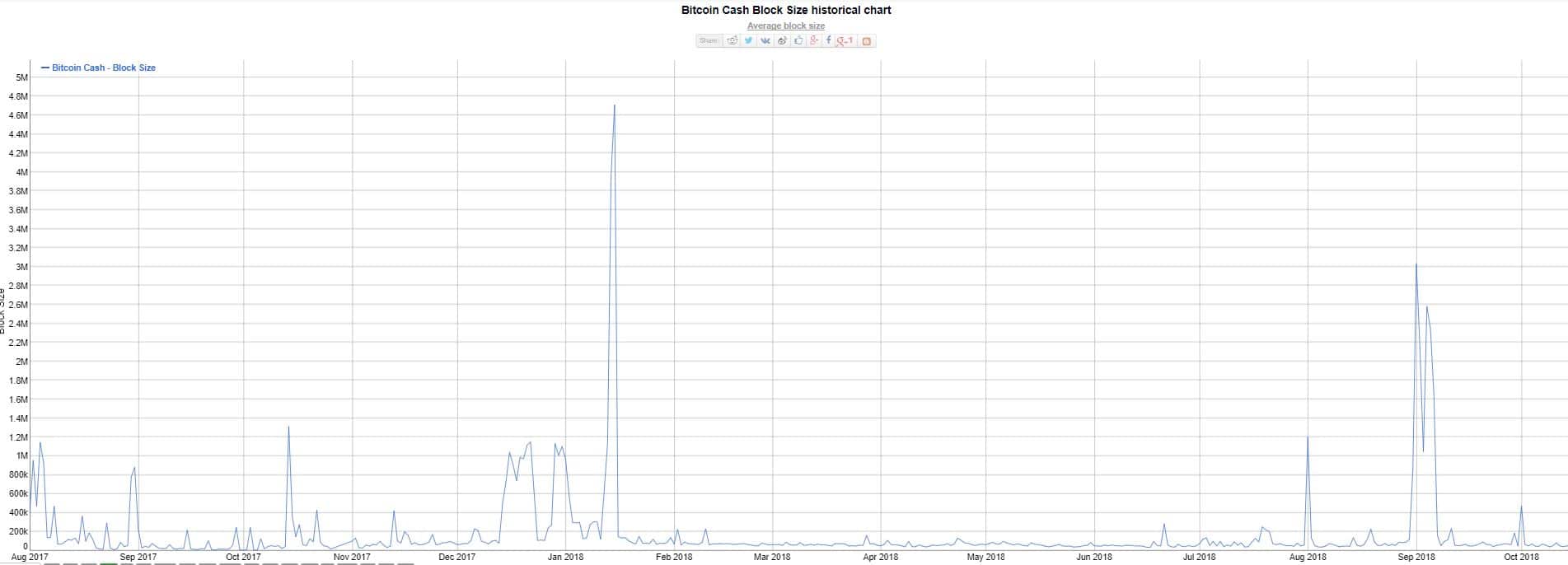Bitcoin Satoshi Vision, a budding fork of Bitcoin Cash, is almost ready for launch - it has released its 'release candidate,' according to an nChain statement.
"It's Time for Bitcoin to Professionalize."
A release candidate is the final, or close to final, version of the trial version (beta) of a software product.
In this case, Bitcoin SV has been in public beta for five weeks and is ready to launch with a few technical changes. Notably, support for Windows has been removed. SV Project Technical Director Steve Shadders explained: "It's time for Bitcoin to professionalize. Therefore, Bitcoin SV is targeted at business users, primarily miners but also cryptocurrency exchanges and merchants. By eliminating unnecessary features, we can keep the development focused on what really matters to our core user base".
One notable difference between Bitcoin Cash and Bitcoin SV is that the latter has a block size of 128 megabytes, compared to the former's 32.
For context, the block size of the original Bitcoin is one megabyte. The relatively small block is what has caused the network to run so slowly; validations need to happen too often. Bitcoin Cash was designed as a solution to this problem, with its larger blocks negating this problem.
So how much of these big blocks are actually used?

Source: bitinfocharts.com
As you can see from the chart, Bitcoin Cash blocks rarely exceed one megabyte. The highest amount of data registered was not even five megabytes, and that was an anomaly.
So Why Make the Blocks Even Larger?
nChain CEO Jimmy Nguyen explained at the Future of Bitcoin Summit Bangkok 2018 in Thailand that as mining rewards shrink, there is an economic need for larger block sizes. "We want to lock the original Bitcoin protocol so that businesses can reliably build on it...We want to create a pathway to rapid adoption globally, and not just for Payments but by the big enterprises which will lead to the miner revenue which is critical," he said.
However, the main reason is that they oppose an upcoming upgrade of Bitcoin Cash which would give it smart contract writing abilities. Proponents of Bitcoin SV consider this to be a betrayal of Satoshi Nakamoto 's vision.
Sorry Jihan. We objected a year ago
The dev meetings were recorded. Would you like me to stream it... pic.twitter.com/tzVX9fAedl — Dr Craig S Wright (@ProfFaustus) August 23, 2018
Bitcoin SV is supported by nChain, a Bitcoin Cash-advocating research centre owned by Australian programmer Craig "Satoshi Nakamoto" (or) "Faketoshi" Wright, who last year unconvincingly claimed to be the real Satoshi Nakamoto, and CoinGeek, a major Bitcoin Cash mining pool owned by Canadian billionaire Calvin Ayre. Opponents include Bitmain, the Chinese Bitcoin mining goliath, and friends.
I am with Jihan. he is my friend and the smartest man I know. the money will follow him.
— John McAfee (@officialmcafee) July 17, 2017
At a Bangkok Bitcoin Cash summit in September, Wright was supposed to take part in a debate between the two sides, but walked off, calling the meeting "bullshit".
What about Roger Ver?
Roger Ver, CEO of Bitcoin.com and hard-working salesman for Bitcoin Cash, said in an interview at the same event: "Which side of the chain is Bitcoin.com going to mine? Don't know."
Expressing his disappointment at Wright's behaviour, he seemed to be rather on the fence, spending most of the time calling for intelligent debate and supporting the ability to fork if the majority calls for it. However, he did note: "I can tell you that from everybody that was in attendance today, all but two of them were on the ABC path..."
He told Bloomberg in September: "I don’t think the differences are big enough currently to warrant a split." However, according to Bloomberg, both versions of Bitcoin Cash intend to list themselves as such on cryptocurrency exchanges. Should be interesting.


















